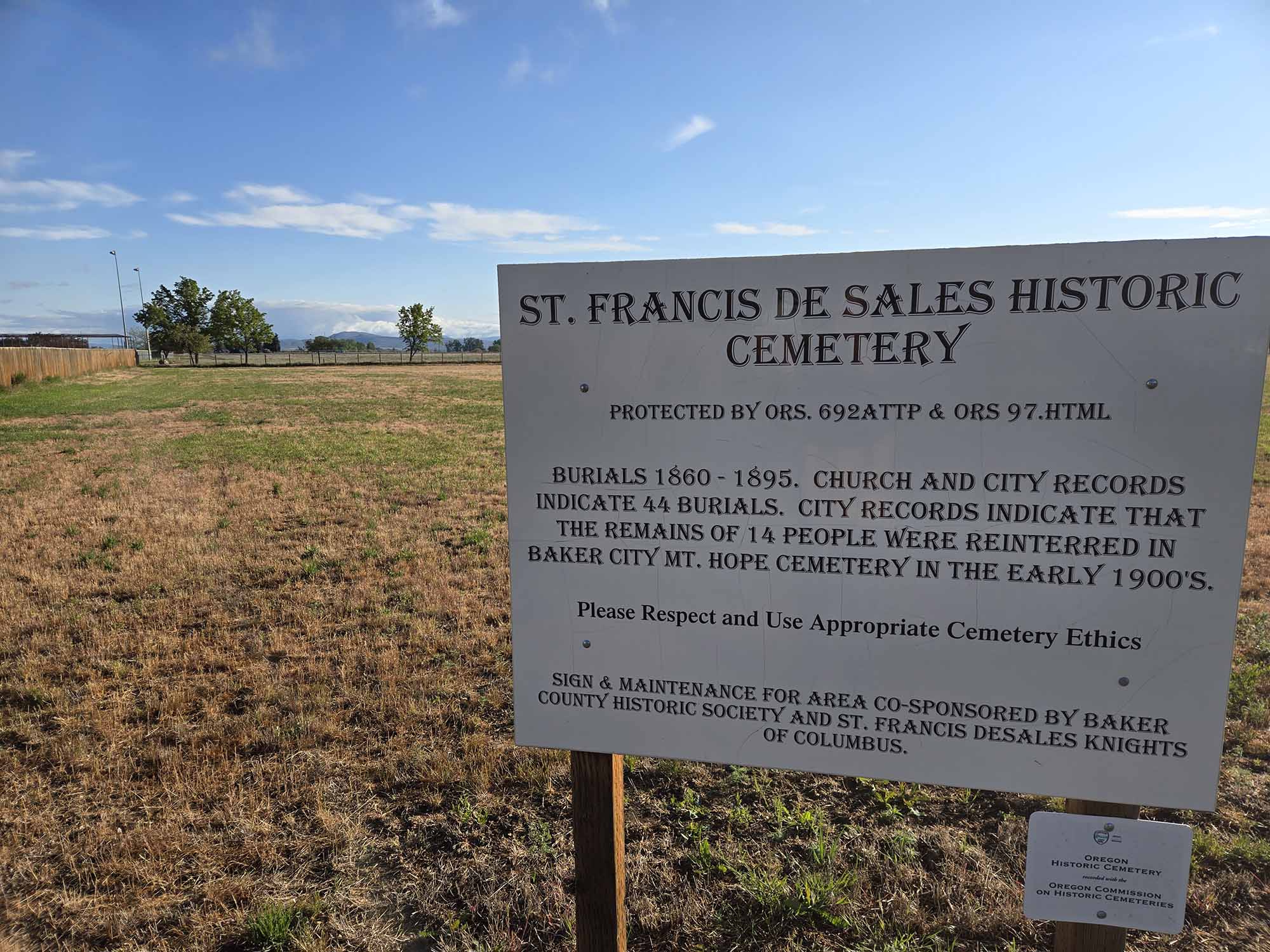The ordinary life of a truly extraordinary man
Published 9:10 am Friday, December 22, 2017
Steve Sharp’s kitchen seemed so ordinary that the only thing I noticed was the box of Cinnamon Toast Crunch cereal on the counter.
Trending
And the cereal caught my eye only because I have an affinity for any food that is basically candy but which manages to achieve the thinnest veneer of nutritional respectability by sharing shelf space with Cheerios and Shredded Wheat.
Also I really like cinnamon and sugar.
Especially sugar.
Trending
The very normality of the kitchen in Sharp’s home near Richland is noteworthy because in reality there is nothing normal about it.
It is in fact extraordinary.
Or, rather, Sharp is.
Indeed he must be among the more astounding people I’ve ever met.
Sharp’s story is simply told, awful though it is.
On Aug. 22, 1992, while he was baling hay near his home at New Bridge, Sharp, then 17, lost both arms above the elbow when the baler suddenly started running while he was plucking out hay that had clogged the machine.
That he survived such horrendous injuries is itself remarkable.
But what seemed to me even more significant, during the 90 minutes or so I spent with Sharp on a blustery afternoon this November, more than a quarter century after the accident, is how unremarkable the interview turned out to be.
There was a familiarity to our conversation — the sense that I had conducted an interview very much like this one, and many times before.
Sharp spoke always with candor and occasionally with enthusiasm. His excitement was particularly palpable when he described the efficient new irrigation system he hopes to pioneer in Baker County.
He showed off his pickup truck and his tractor and his newest hunting rifle.
He hollered for his dog.
Which is to say that Sharp, in almost every respect, closely resembled many of the farmers and ranchers I’ve met around here, a tally that is far from complete but is considerable nonetheless.
The difference is that those people, without exception, had both of their arms and hands intact.
It wasn’t until later, after I’d driven back to Baker and started to write the story that ran in the Herald’s Nov. 24 issue, that I began to ponder how amazing it was that my visit with Sharp seemed so, well, unamazing.
I thought about how everything he showed me, every action he took no matter how mundane, required a dexterity and a level of patience so great that I can scarcely conceive of either.
I understood, in a way I had not while I was listening to Sharp and scribbling his words in my notebook, that almost nothing he does could be described as easy, by my standards.
I thought about prying open the cardboard flaps on that cereal box and ripping the sealed plastic bag, an exercise that frequently foils my clumsy fingers.
And I have all 10 of the fingers I was born with.
Or twisting the cap from a jug of milk.
Or working a door handle.
I don’t mean to imply that I think Sharp is unique.
I have no doubt that most people who have suffered similar, or even worse, injuries have, like Sharp, adapted in ways that shock those of us who have been fortunate to avoid such a fate.
And I recognize that Sharp has had 25 years to adjust to how dramatically, and permanently, his life changed on that August afternoon in a Baker County hay field.
Yet I don’t believe that everyone is capable of accomplishing what Sharp has.
This is by necessity a hypothetical exercise, of course. But I have more than a passing familiarity with my own innate capacities, and I’m all but certain that had I been running that baler on Aug. 22, 1992, I would not today lead a life as rich as Sharp’s seemed to me to be.
Which is not to say I believe I would forever after wallow in self-pity.
I suspect I would have figured out, as Sharp did, how to drive and manipulate doors and guns and cereal boxes and perform the banal maneuvers that constitute so much of everyday life.
But I don’t think I could make my life after the accident as complete as my life before.
Not in 25 years, or in 50.
I suppose if I was utterly honest I would say that I feel sorry for Sharp.
But by this I mean only that, had I the power to change history, I would spare him the pain that he has suffered.
I find it all but impossible, though, to pity a man who is so excited about his life, who is so passionate about helping other kids — kids who have also suffered terrible injuries — to enrich their lives and to achieve their goals.
Indeed I have met few people for whom the very notion of pity seems to me as inappropriate as it is for Steve Sharp.
And fewer still who I have admired as much.
Jayson Jacoby is editor of the Baker City Herald.









